Maker:L,Date:2017-9-23,Ver:5,Lens:Kan03,Act:Kan02,E-Y
Ngozi Okonjo-Iweala, two-time minister of finance, has revealed why she did not resign from Goodluck Jonathan’s administration, despite calls for her to resign.
Speaking about her recent book — Fighting Corruption is Dangerous — at the London School of Economics and Political Science, Okonjo-Iweala said resigning was the easiest way out, and she was not willing to take that route.
Advising young professionals on how to work in a system like Nigeria, the former World Bank managing director, said courage, focus, family support, and the skill to deliver for the people kept her going.
“I knew elsewhere in the system things were not going right, I had to focus; Nigeria is a large country, we are talking of the federal level, we haven’t even spoken of the decentralised level,” she said.
Advertisement
“You choose the things, and you know what you are doing, and you are resilient and focused in doing them. Holding your head high, and knowing in spite of everything being said, you know you have not done anything wrong.
“I often joke with people, if you want to know how much I have, you can go to the Bank-Fund Credit Union and the World Bank, that is where you will see all my transactions. There is nothing to hide. Above all, I had the support of family and friends, and my family was just fantastic.”
Addressing issues around the call for resignation, the 63-year-old said it was a dilemma for her, seeing she could not solve all the problems, but she knew she would do all the good she can.
Advertisement
“I also understood that I could not solve everything, and it was that dilemma that was difficult to deal with sometimes and many Nigerians will say to me, why didn’t you leave and resign?
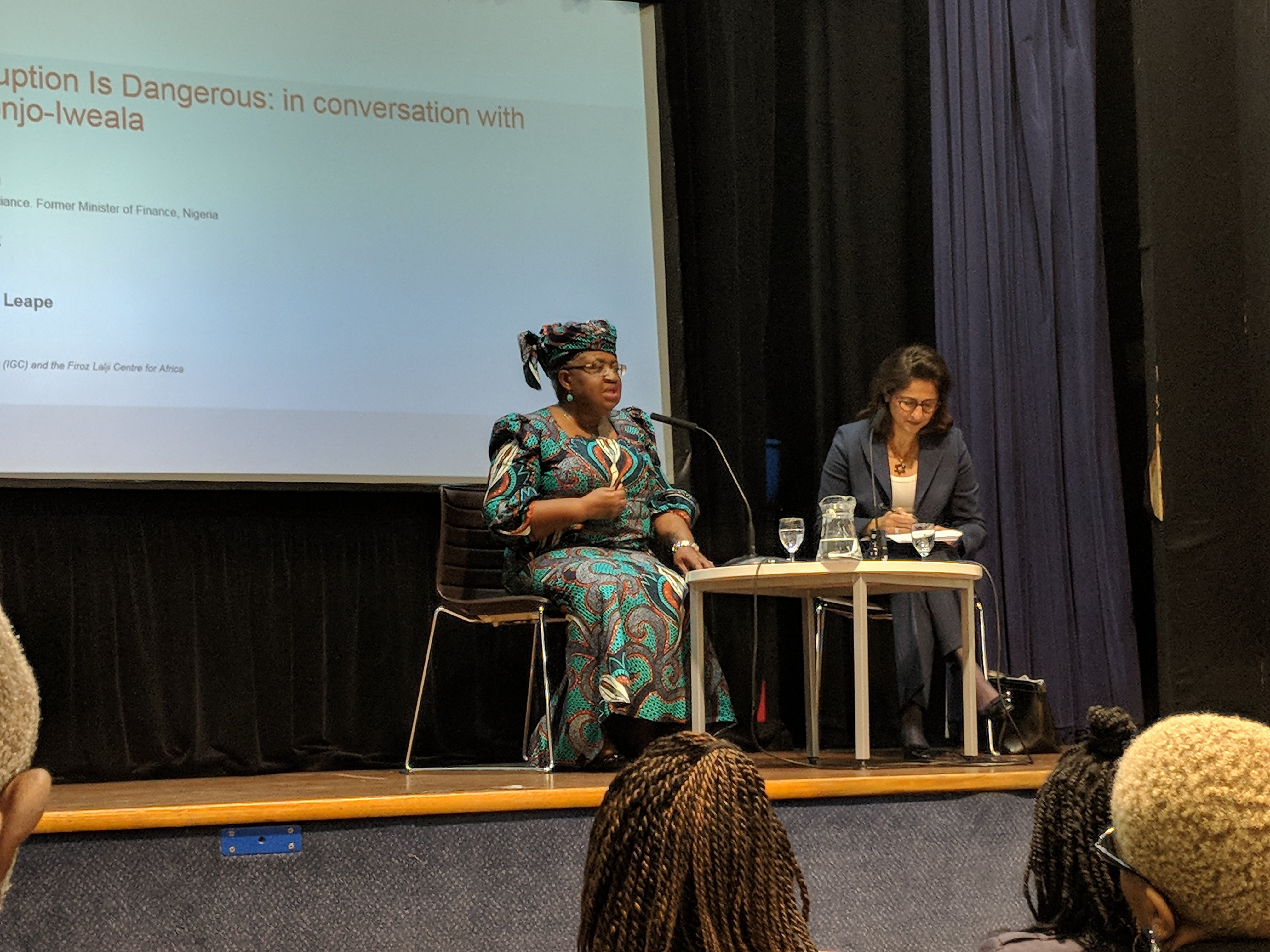
“That was the easiest solution. I could have just gotten up and walked away, I resigned the first time. When I saw there was such intense desire for me to leave and resign, I decided that I must be doing something.
“You know when people kidnap your mother so you can resign, they told me to go announce my resignation on TV. When they want to disable you so you would no longer be able to work and leave the country.
“When everyday everyone is asking you why you haven’t resigned, yes, I decided that there must be something Okonjo-Iweala is doing, so that is why I stayed.
Advertisement
On how much impact she had on the nation in her second coming, Okonjo-Iweala said: “for those who want to know… if you totalled up the amount [saved], if you want to quantify it, it actually could amount to about $9 billion. That is no small change.”
THERE IS A DIRTY LITTLE SECRET IN FUNDING ELECTION
She added that it was not enough to fight the symptoms of corruption, while the root causes fester on.
As Nigeria’s longest-serving finance minister, she said the country has to deal with political corruption, which rides on the back of election campaigns.
“People are happy to see the symptoms being taken care of, punitive measure, you know it makes big headlines when people are hauled off to jail and the media blasts the story, which is good, there ought to be consequences and punitive actions but it’s not enough.
Advertisement
“If you don’t fix some of the root causes, the next set of people will come in, and with those opportunities, they might do the same thing.
“The type of democracy we’ve adopted is costly, you have to campaign, you have to have money to campaign and it is a dirty little secret nobody talks about, how do you finance this campaigns? Part of the monies for the treasury are diverted to finance political campaigns. Is this right? The answer is no.
Advertisement
The minister who institutionalised Government Integrated Financial Management Information System (GIFMIS) and Integrated Personnel and Payroll Information System (IPPIS) for the elimination of ghost workers in Nigeria, said no one gets excited about institutional ways of fighting corruption, but this must be done.
She called on the west, especially the UK and the US to stop taking cuts on looted funds kept in their countries, asking that they return such loot to the countries they were stolen from — without a charge or with very little charge.
Advertisement
1 comments

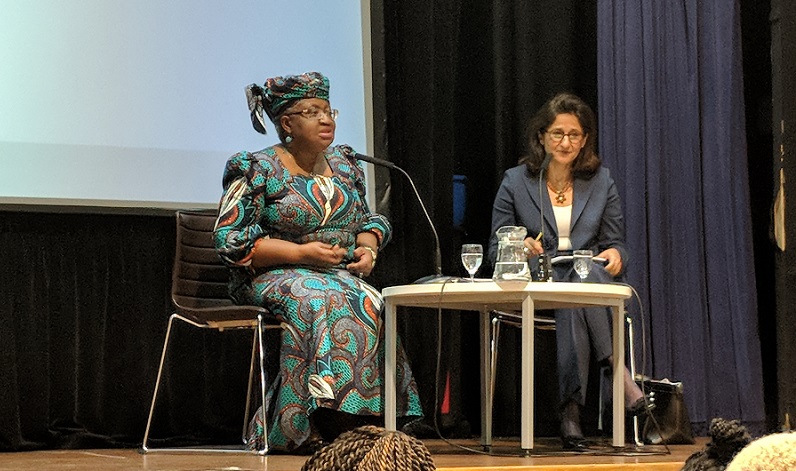
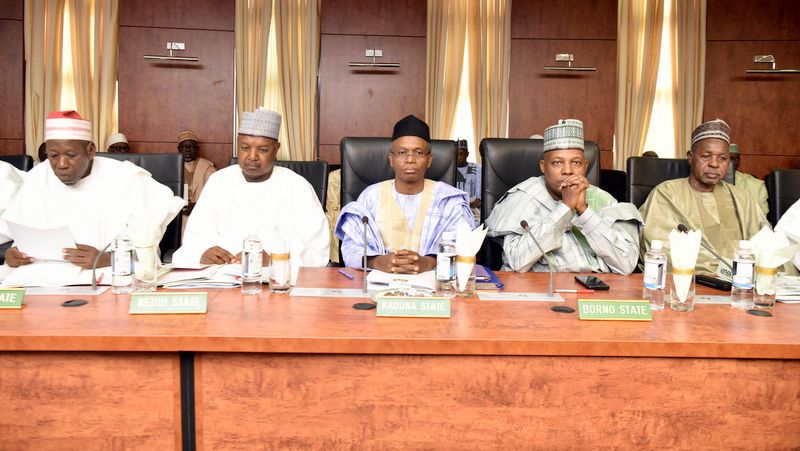
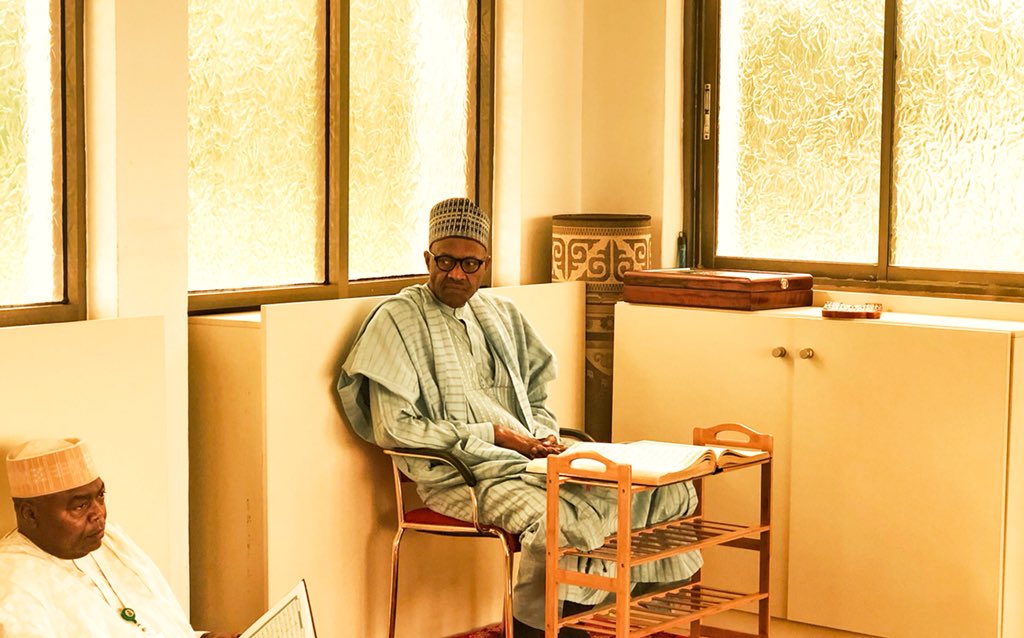
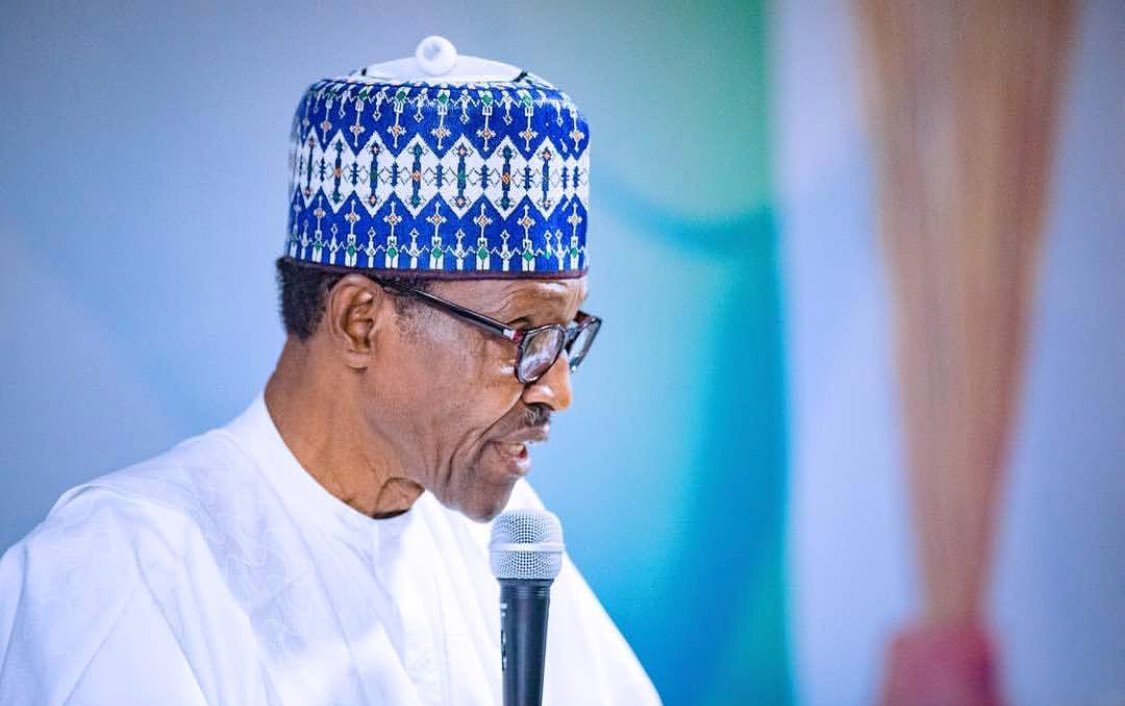
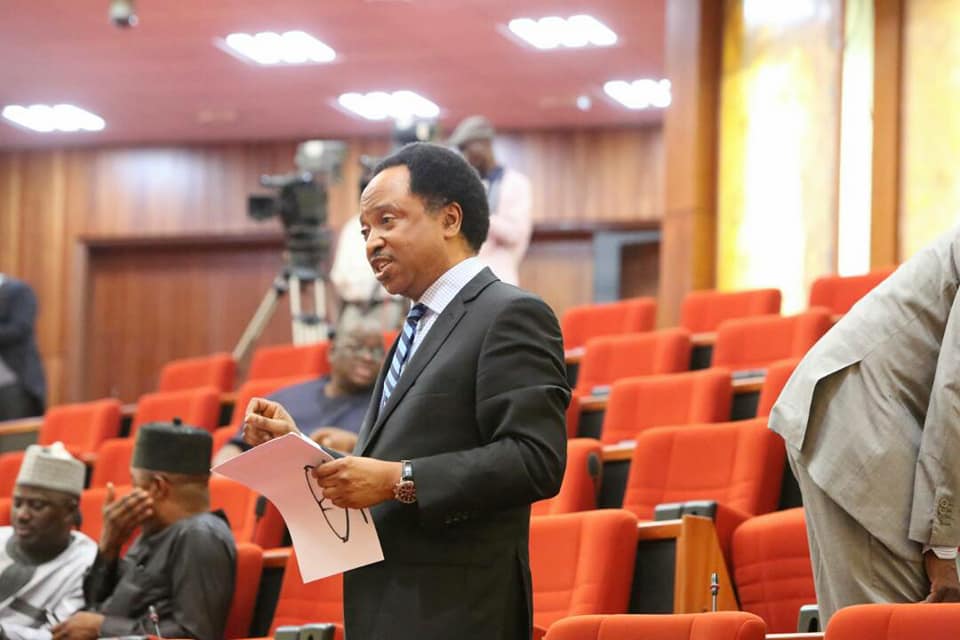
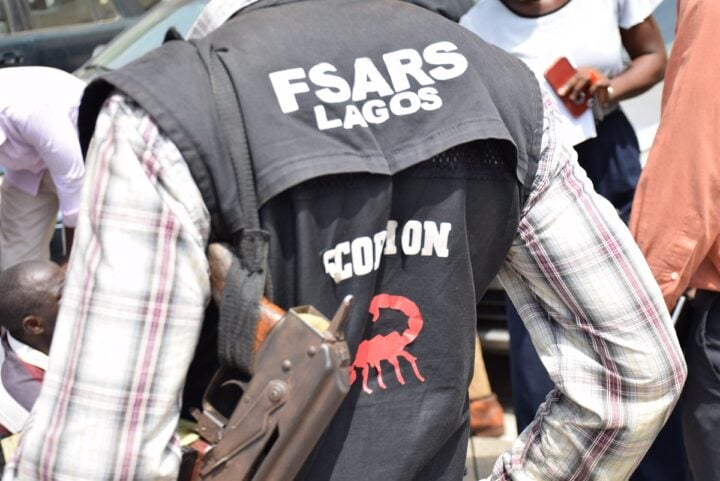
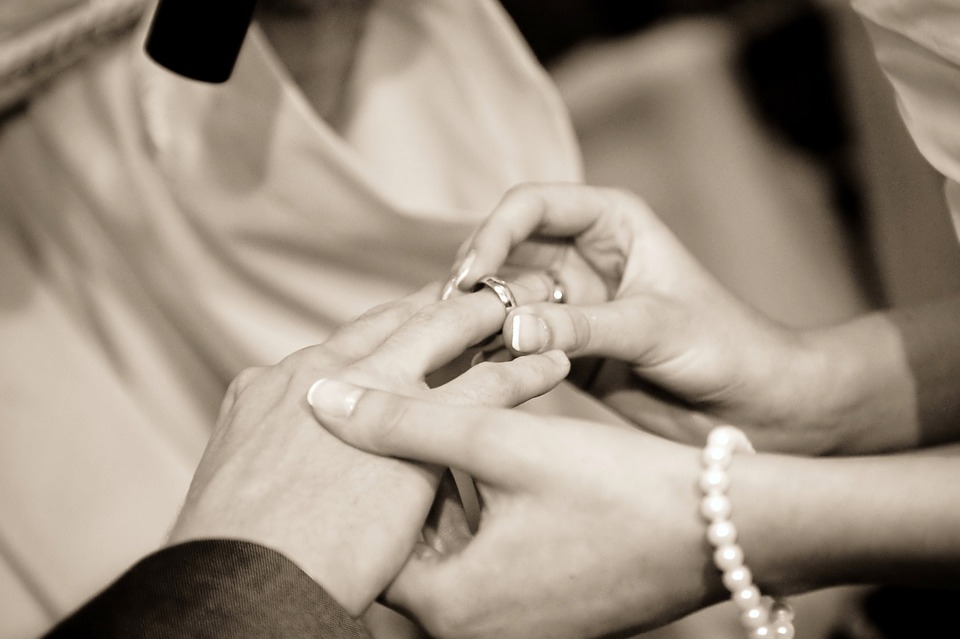
“I knew everywhere in the system things were not going right…”
More confessions from a key player in the former government.